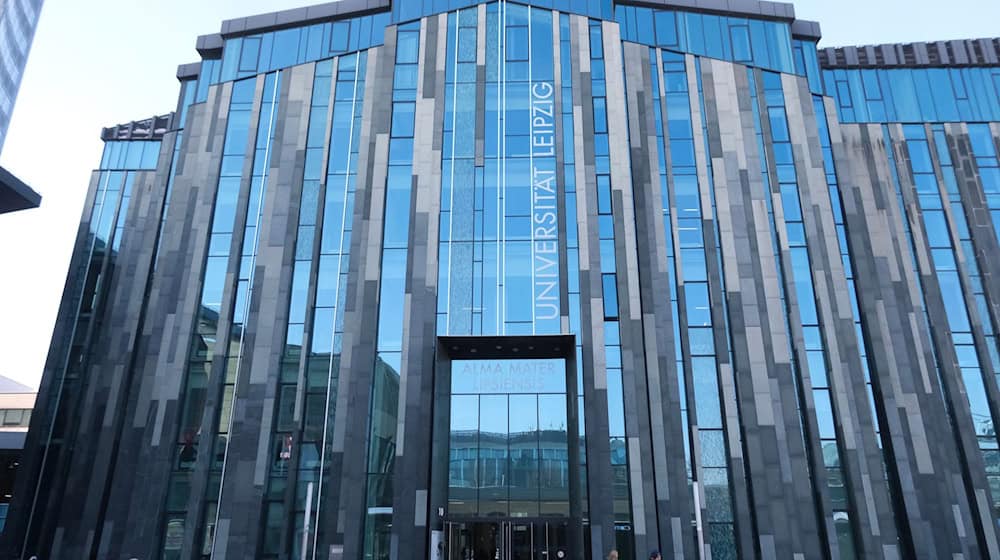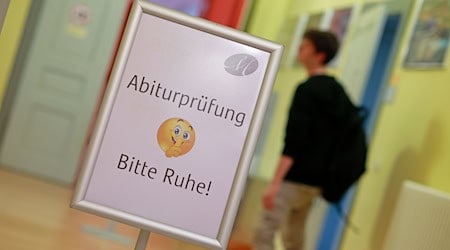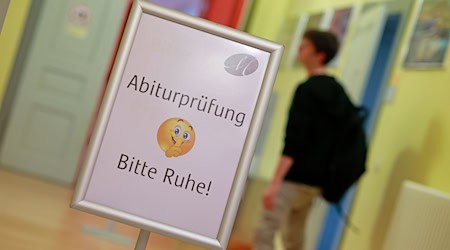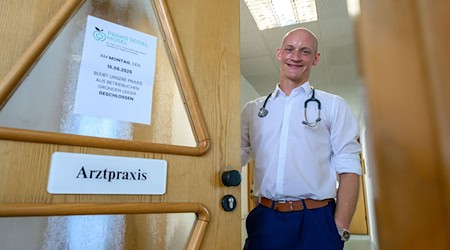Approximately one in three prospective students in Saxony have to reckon with admission restrictions. According to an analysis by the Centre for Higher Education Development (CHE), the proportion with a restriction, i.e. a numerus clausus (NC), an aptitude test or a selection procedure, is 35.2 percent for the winter semester 2025/2026. Compared to last year, there was a slight decrease of 1.3 percentage points.
Leipzig with second-highest figure in Germany
The trend in Leipzig is different. There, 56 percent of degree courses have restricted admissions (up two percentage points) - the second-highest figure at a university location in the whole of Germany after Garching, where a branch of the TU Munich is located. In Dresden, the proportion remains at 35 percent.
The fewest barriers are in engineering (15.6 percent) and mathematics and natural sciences (16.2 percent). Admission restrictions are more common in law, economics, social sciences and social sciences (29.7 percent).
Saxony in the midfield
In a state comparison, Saxony ranks seventh in the midfield - slightly above the national average of 32.5 percent. The range extends from 54.4 percent in Berlin to 17.4 percent in neighboring Brandenburg.
The analysis is based on information provided by the universities. If courses are open admission, neither a maximum number of first-year students is set and controlled by the Abitur grade (Numerus Clausus), nor is there an aptitude test. Anyone who meets the admission requirements, such as an Abitur or Bachelor's degree, can enrol directly. The CHE is a joint subsidiary of the Bertelsmann Stiftung and the German Rectors' Conference.
Copyright 2025, dpa (www.dpa.de). All rights reserved










